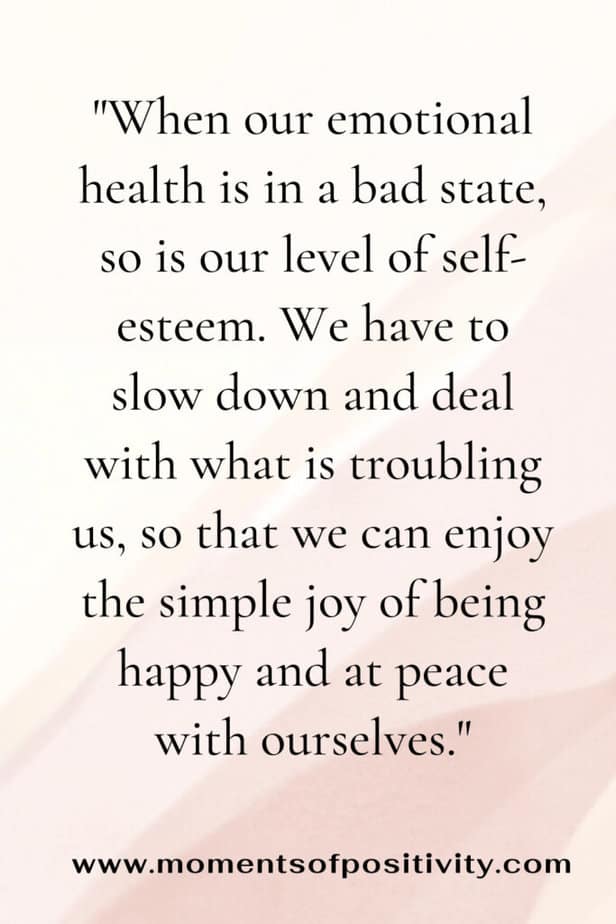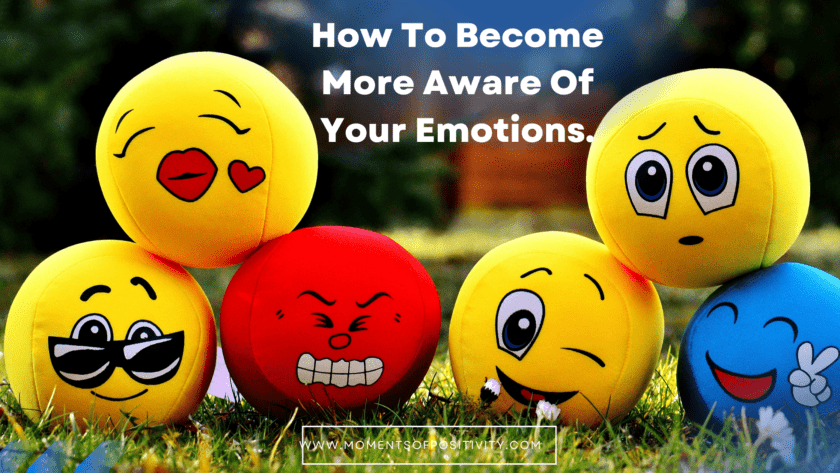Share this
Emotional awareness is the foundation of mental health, self-care, and personal growth—especially for women navigating busy lives, relationships, and motherhood. If anger, frustration, or sadness often derail your day, learning how to be aware of your emotions can transform how you respond.
According to the American Psychological Association (APA, 2025), people with high emotional awareness report 40% less stress and better decision-making. This guide shares 10 proven steps to increase emotional awareness, backed by emotional intelligence expert Daniel Goleman. Whether you’re a busy mom or wellness enthusiast, these strategies will help you identify feelings, manage triggers, and express them healthily.
Why Emotional Awareness Matters for Women’s Wellness
Your emotions influence everything—from productivity to relationships. Emotional awareness means recognizing what you’re feeling, why it arises, and its impact on your body and mind. Without it, suppressed feelings lead to burnout, anxiety, or physical symptoms like headaches.
Research from Psychology Today (2024) shows women often face unique emotional triggers, like hormonal shifts or caregiving stress. By tuning in, you gain control, reduce resentment, and foster joy. As Goleman notes in Emotional Intelligence, “Behind every trigger is a wound from our past”—naming it is the first step to healing.
Step 1: Listen to Your Feelings Without Judgment
Events from your past shape today’s reactions. Childhood criticism might spark adult anger; a past heartbreak could fuel fear of vulnerability.
- Action: Pause daily for a 5-minute “emotion check-in.” Ask: “What am I feeling? What triggered it?”
- Benefit: Acknowledging feelings softens them, preventing buildup. A 2025 Harvard study found this reduces cortisol by 25%.
Deny emotions, and they manifest as stress or illness. Embrace them productively for more peace.
Step 2: Identify the Feeling and Rate Its Intensity
Emotions live in your body—fear as a stomach knot, anger as clenched fists. Everyone’s signals differ, so map yours.
- Create a feelings list: Delight, sadness, fury, shame, insecurity.
- Rate intensity: 1 (mild) to 10 (overwhelming).
- Track patterns: Use a journal app like Day One.
For low-intensity emotions (1-4/10, like mild irritation from a family member’s messy kitchen), simply label it—”I’m slightly frustrated”—then shift to positivity: Take a deep breath, think “I’m grateful for our home,” or play favorite music while cleaning. This keeps it from lingering.
High-intensity ones (7+/10, like explosive anger during a heated family argument) signal deeper needs, like setting boundaries—label it (“I’m furious at 8/10”), pause, then act: Journal the trigger or calmly discuss later.
Per Verywell Mind (2025), rating + labeling prevents escalation by calming your brain’s stress response, cutting intensity fast—perfect for busy family life.
Step 3: Gain Control Before Reacting
Don’t let emotions hijack you. Use these quick techniques:
- Count to 10 or take deep breaths.
- Walk away or talk to a friend.
- Write an unsent letter or find humor.
Pro Tip for Moms: During tantrum time, step to the kitchen for 2 minutes—regain calm without guilt.
Step 4: Practice Daily Introspection and Reflection
End each day reviewing: “Was I controlled or reactive? What to improve?”
- Set a quiet reflection time (e.g., 10 PM).
- Reject negativity: It belongs to others, not you.
- Build empathy: Understand their side first.
This builds resilience, key for self-care routines like your meditation practice.
Step 5: Interpret the Feeling Behind the Event
Emotions stem from your interpretations, not events alone. A criticism might mean “I’m failing” (triggering shame) or “Feedback to grow” (motivating).
- Reframe: Challenge automatic thoughts. Journal: “Fact vs. story?”
- Example: Late spouse call = worry (interpretation) vs. neutral delay (fact).
Goleman emphasizes this cognitive shift for emotional mastery.
Step 6: Express Emotions Passively? Avoid These Traps
Passive expression hides feelings, leading to resentment:
| Passive Habit | Hidden Cost |
|---|---|
| Agreeing but not following through | Erodes trust |
| Quiet manipulation | Builds isolation |
| Revenge procrastination | Increases guilt |
| People-pleasing opposites | Lowers self-esteem |
Spot these in your behavior—they signal disconnection from true feelings.
Step 7: Express Assertively for Confidence and Respect
Assertiveness honors your rights without harming others. It’s direct, honest, and empowering.
- Use “I feel…” statements: “I feel frustrated when plans change last-minute.”
- Be specific, ask for feedback: “Is this clear?”
- Nonverbals matter: Steady eye contact, calm tone.
Practice boosts self-esteem and relationships—vital for women’s personal development.
Step 8: Build Supportive Habits for Long-Term Awareness
- Journal weekly: Track emotions and wins.
- Meditate daily: Apps like Calm enhance body awareness.
- Seek therapy: CBT helps unpack past wounds.
Tie into self-care: Pair with yoga for hormonal balance.
Step 9: Handle Common Emotional Triggers in Daily Life
| Trigger | Awareness Tip | Wellness Hack |
|---|---|---|
| Criticism | Rate intensity; reframe | Affirmations: “I am capable” |
| Rejection | Name fear; breathe | Connect with a friend |
| Overload | Introspect evening | 10-min walk |
| Anger | Count to 10 | Herbal tea ritual |
Step 10: Be Patient—This Is a Lifelong Practice
Mastering emotional awareness isn’t overnight magic; it’s a daily practice that builds resilience over time. Expect setbacks—they’re part of growth, especially amid life’s chaos like family duties or content deadlines.
How to stay motivated:
Track progress: Use a free emotional awareness tracker (Canva templates here: Emotional Journal Template) to log moods weekly.
Celebrate wins: Note small victories, like calmly handling a trigger, in your journal.
Forgive slips: A reactive moment? Gently reset without self-judgment.
Final Thoughts: Unlock Joy Through Emotional Awareness
Mastering how to be aware of your emotions unlocks deeper joy, stronger relationships, and unshakable resilience—essential for thriving as a woman in today’s world. Start with one step today: Label a feeling, breathe, and watch the shift.
Your emotions are powerful guides, not enemies. Commit to this emotional awareness practice, and step into a life of peace and purpose. What’s your first step? Share in the comments!
By [Rashmi], Women’s Wellness Blogger | momentsofpositivity.com | Updated Jan 2026
FAQ: How to Increase Emotional Awareness
Emotional wellness is the ability to recognize and manage your emotions – they are neither right nor wrong but are simply messages that the brain interprets in order for you to make appropriate decisions.
Ignoring body cues, frequent outbursts, or chronic stress.
2-4 weeks with daily practice, per APA studies.
Moodpath, Daylio—great for busy creators.

Related Reads: Healthy Ways to Manage Stress | Overcome Frustration



